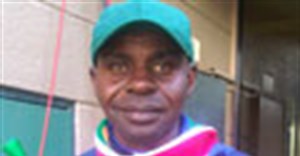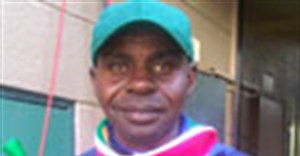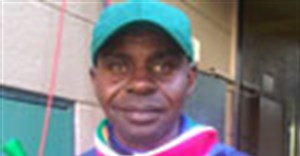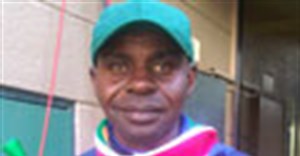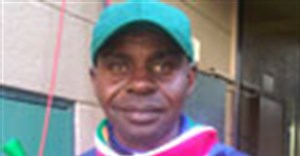
Radio faces up to challenges of digital era
Many radio stations will soon become fully digitised. This is going to be a very costly process, but at the end of the day the benefits will be overwhelming, East Coast Radio MD Trish Taylor told participants on Wednesday, 25 October 2006.
"We will see not only a whole lot of opportunities occurring in radio, but also there will be a customisation of radio (listeners will have many choices)," Taylor added.
To put it mildly, when radio satellite invades South Africa, it is going to be a win-win situation, both for the listener and radio management.
However, some delegates told Bizcommunity.com on the sidelines, that to get listeners to start paying for radio services - something most of them are used to getting free of charge - is going to be a huge problem.
Hamza Farooqui, WorldSpace (SA) MD, acknowledges the implications and challenges of such a move, but remains optimistic this conversion technology will be a success. "Of course we are all aware of challenges relating to converting radio similar to pay-per-view TV," Farooqui said.
Power of radio
"We know that it will take some time for this to become a reality in South Africa. But believe me, our wish is to see this service be affordable for all. And I also believe that what will drive this process is content."
WorldSpace, a US-based company, already offers radio satellite services (news, entertainment, sports and educational programmes) to at least 120 000 subscribers on the African continent. Its coverage extends to 14 million square kilometres worldwide. Anyone who gets its high quality digital signal will not experience any fading, noise or interference. Apart from subscribers' local radio stations, WorldSpace subscribers can tune to at least 40 international radio stations such as BBC Radio, Radio France Internationale, Voice of America and many more. The South African subscription rate is R35 per month.
There is no denying the power of radio. Despite many entertainment gadgets entering the market almost every day, research shows that radio still occupies an important place in many people's lives, who tune in whenever they want and they can. When driving, radio helps drivers and other car occupants to calm their nerves, especially when the traffic gets crazy.
But as many keynote speakers said, content must be the foundation stone of any conversion technology plans. East Coast's Taylor believes that radio is well-positioned to withstand any aggressive approach if the content is brilliant, relevant and research-based.
This is perhaps where the key to the success of satellite radio might lie.
Radio should "embrace satellite"
"As a medium, radio will continue to grow both in terms of content and technology, and as listeners are becoming more discerning, they will demand more and more choices. It is a fantastic opportunity for WorldSpace," Farooqui said. "That is why it is imperative radio should move away from public to embrace satellite. We will work closely with Kagiso Media because we want local content to make this thing work very well."
Asked if radio, like other media models, can in fact cater for change in demographics, Taylor replied: "Yes, it depends on the market. We at East Coast have been able to attract more young listeners because of the introduction of Internet and mobile space."
Currently, East Coast Radio claims to have two million listeners; 900 000 of them are black, and most of its audiences reside in Kwazulu-Natal. Taylor also said that its online market has been attracting a huge black youth audience. "Many radio stations are positioned along racial and tribal lines in our country, but we have managed to break that jinx by crossing the cultural divide thanks to our new technology-based ideas," she said, adding that radio and web can work perfectly hand in hand.
Moreover, many South Africans often complain and sometimes are frustrated about things moving slowly when it comes to adapting new technologies and bringing latest inventions in the country.
Farooqui explains: "New technology costs a lot of money and this is a real stumbling block for Third-World countries. South Africa is faced with multifaceted problems. In many instances you find that the Government is not ready to pay for the upgrading of technological infrastructures, so priority is given to satisfying purely basic needs."
For more information, visit www.terrapinn.com/2006/mediaza.











